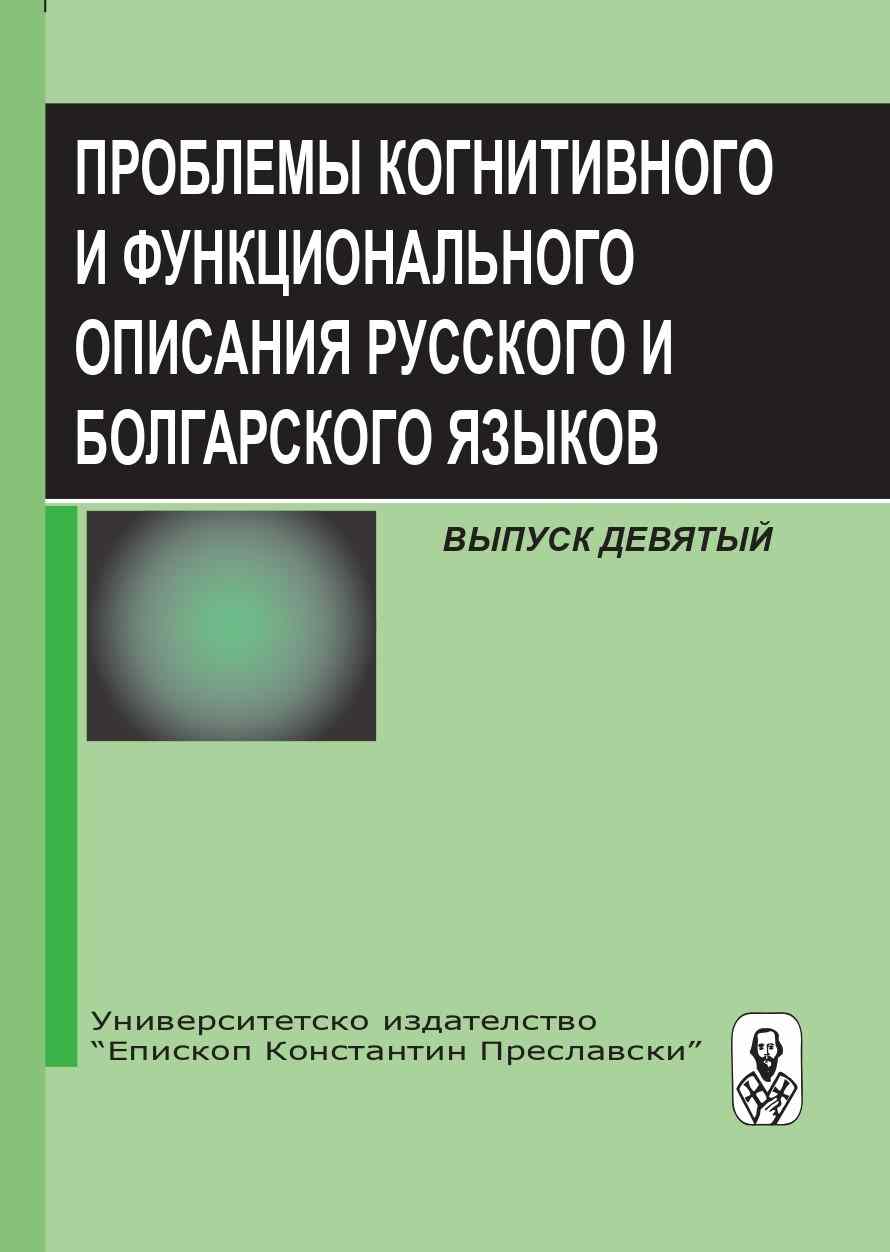Думата успех като прототипно ядро на концепта успех в българския, руския и английския езици
The word success as a prototypical core of the concept success in Bulgarian, Russian and English languages
Author(s): Nelya IvanovaSubject(s): Language studies, Language and Literature Studies, Foreign languages learning, Theoretical Linguistics, Applied Linguistics, Lexis, Semantics, Comparative Linguistics, Cognitive linguistics, Descriptive linguistics, Eastern Slavic Languages, South Slavic Languages, Philology
Published by: Шуменски университет »Епископ Константин Преславски«
Keywords: concept success; prototypical semantics; Bulgarian; Russian; English
Summary/Abstract: This article examines the concept of "success". Success is an indispensable part of our efforts, aspirations and projects. Although people interpret success individually and achieve it in the specific dimensions of their own activities and experiences, the formulation of the essence of this phenomenon reflects the social attitudes and cultural overlays and, moreover, presents success as an universal value to individuals and society. This article studies the concept of success by analysing the semantics and derivatives of the key token of success in three languages ‒ Bulgarian, Russian and English. It discusses the facts of language verbalisation of both the universal and specific dimensions of success.
Journal: Проблемы когнитивного и функционального описания русского и болгарского языков
- Issue Year: 9/2015
- Issue No: 1
- Page Range: 246-274
- Page Count: 29
- Language: Bulgarian

